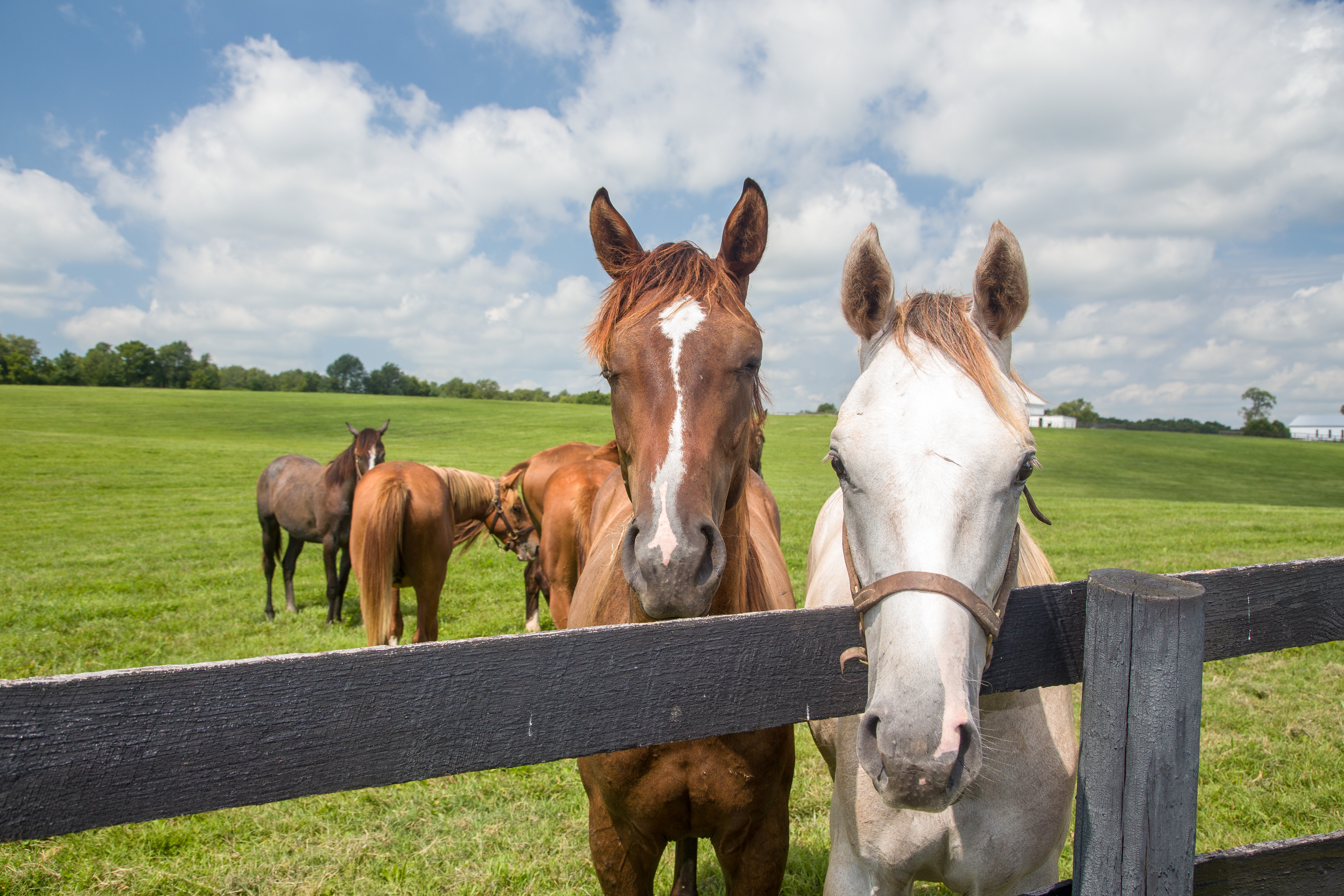Plan ahead for equine feed needs, but not too far ahead
Plan ahead for equine feed needs, but not too far ahead


The COVID-19 pandemic has caused a lot of overbuying of food, and this is not only at the grocery stores. Horse owners may have an urge to buy more feed than usual.
Bob Coleman, extension equine specialist for the University of Kentucky College of Agriculture, Food and Environment, urged horse owners to take a step back and think before making extra feed purchases.
“I can certainly understand that horse owners may be a bit worried about the feed supply,” he said. “I think it’s always smart, not just during a pandemic, to think ahead and try to anticipate your normal feed needs. Maybe plan to buy a little bit more than usual, but don’t go overboard.”
Thinking about feed needs in terms of a week or two at a time will help horse owners feel confident they have enough to cover those needs.
“If the truck delivers feed on say Tuesday, think about what you need for a week to 10 days and add a little buffer for unknowns like weather, plant delays, things like that,” Coleman said. “Also, you need to think about where you’re going to store any excess feed.”
Bagged feed needs to be off the ground and dry to keep it from any critters and from becoming moldy. Also, make sure horses don’t have easy access to feed storage areas.
“You want to make sure you store the oldest bag on top, so that you use it first,” he said. “Or if you use bulk feeders, make sure the oldest feed is on the bottom, so you use it first. This is just a best management practice, so you can make sure you maintain freshness.”
Buying a month’s worth of feed is probably too much. With all the COVID-19-related closures, horses are not as active as usual and that reduces their energy expenditures and ultimately the amount of feed they require.
“Work with your feed supplier or contact your local extension agent if you need help determining your horse’s nutritional needs,” Coleman said. “They may need more hay and less grain right now. It’s also good to ask the feed supplier what their COVID-19 procedures are right now. They may not be able to load the feed for you, if you pick it up yourself.”
Coleman emphasized that planning for horse’s feed needs is not something unique to pandemic times.
“You always need to be thinking ahead about what you need, where you’re going to get it and how you’re going to store it,” he said. “No one wants to run out, but you also don’t want to get into a situation where you have to throw out feed.”
Ag Equine Programs
